(ECNS) -- Two ancient shipwrecks were discovered from about 1,500 meters under the sea level in South China Sea, the National Cultural Heritage Administration (NCHA) announced in Sanya, South China’s Hainan province, on Sunday.
The two shipwrecks were first found in October last year, said researchers.
A permanent underwater mapping foundation has been successfully established in the southwest corner of the shipwreck site on Saturday, and the preliminary search and investigation as well as image recording were also carried out, according to the NCHA.
According to Yan Yalin, director of the archaeology department of the NCHA, the two are named as Northwest Continental Slope No. 1 and No. 2 Shipwrecks in South China Sea.
It is estimated that over 100,000 cultural relics from the No. 1 shipwreck were scattered across about a 10,000-square-meter area, mainly porcelains, and parts of it are covered by a 3-odd-meter-thick layer of relics, said Yan.
On the No. 2 shipwreck, numerous processed wooden logs are neatly placed, he said, adding that it was a ship to transport cargo to China.
Based on some porcelains salvaged from the sites, the No. 1 shipwreck was probably from reign of Zhengde (1505-21), and the No. 2 was from reign of Hongzhi (1488-1505), said Yan.
"The wrecks are both well-preserved and a large number of relics have been uncovered, which are indicative of their definite age."
According to Tang Wei, director of the archaeological research center of the NCHA, the two ships are of similar age and lie just about 10 nautical miles apart, with one loaded with porcelain exports and the other loaded with wood imported from overseas.
This is the first time for China to discover ancient vessels sailing outbound and returning within the same sea area, which fully demonstrated the significance of the sea route and the booming trade at that time. The relics can help conduct an in-depth study on the two-way exchanges along the Maritime Silk Road in ancient times, Tang added.
With the approval of NCHA, joint efforts between research institutes and a local museum will carry out further archaeological investigations in three phases for about a year.








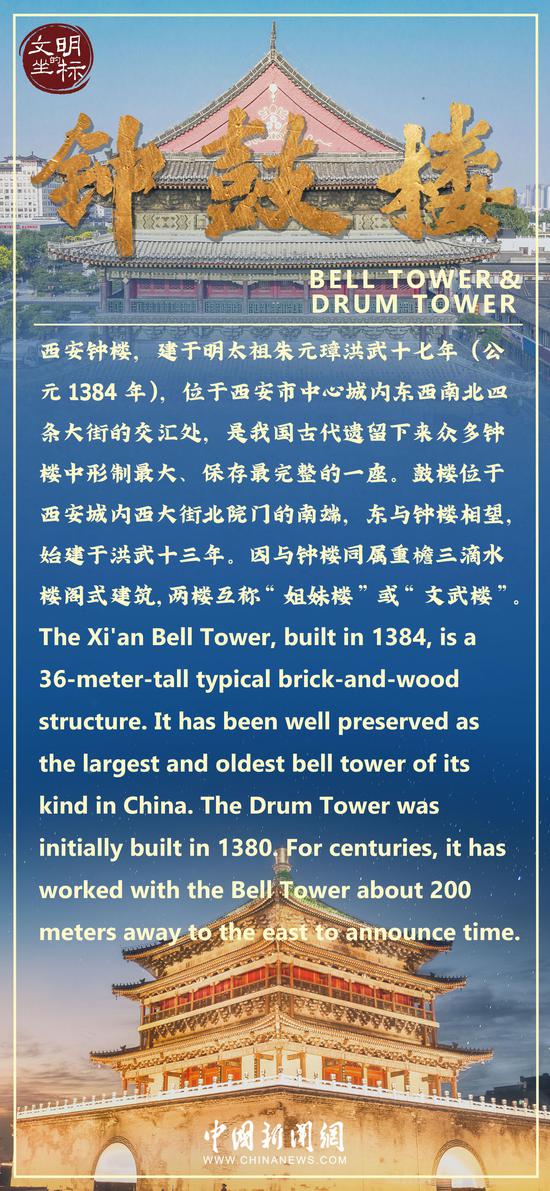


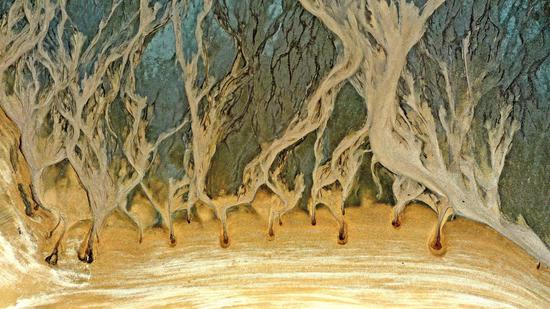

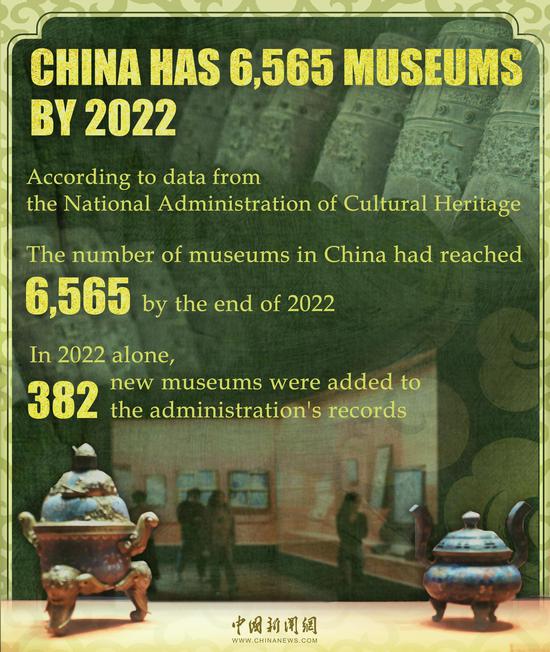
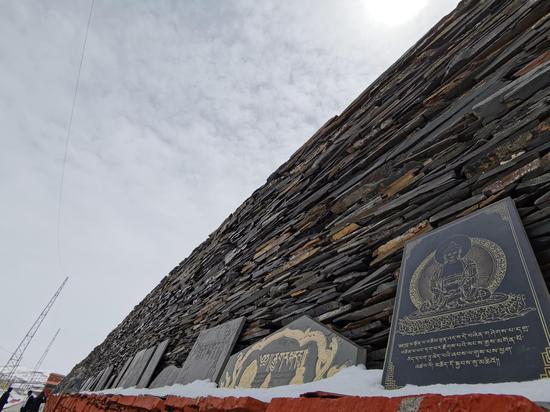


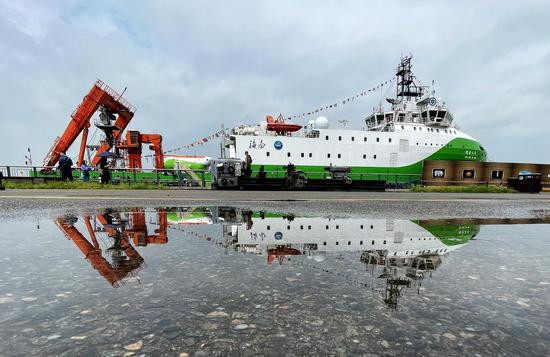

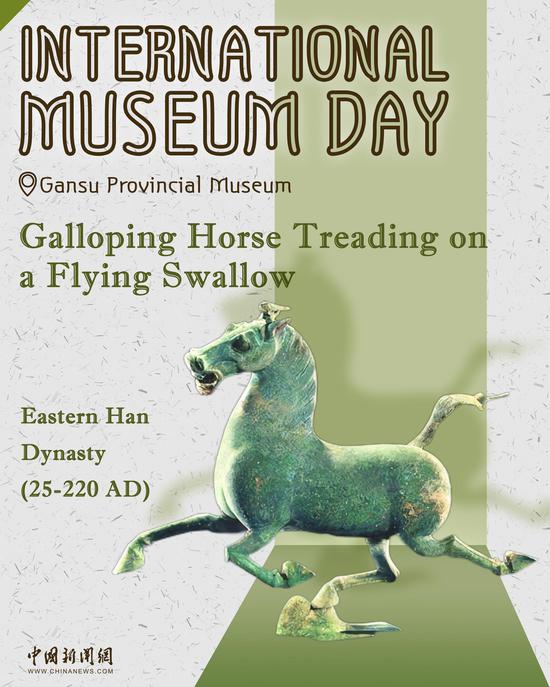

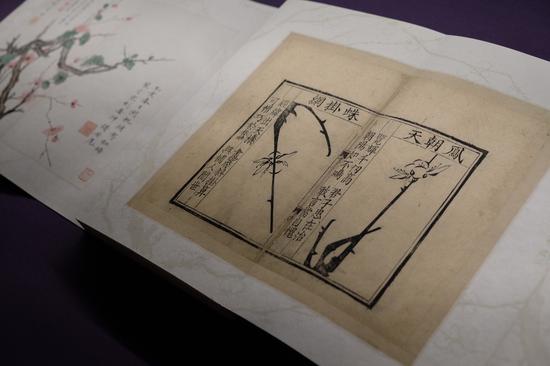

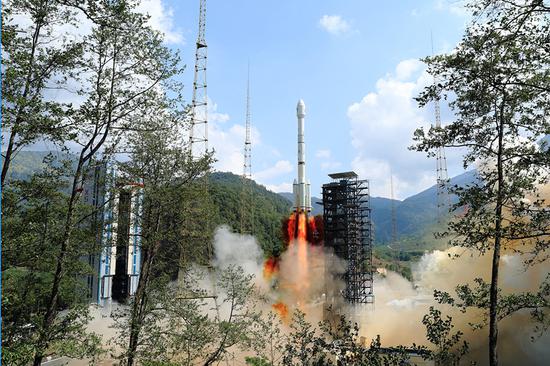
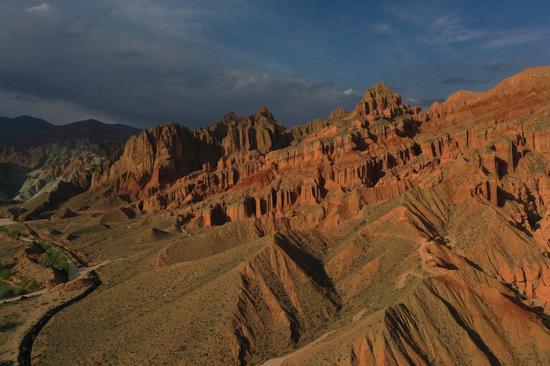

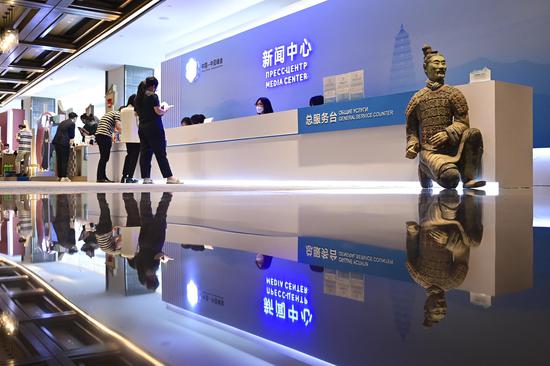
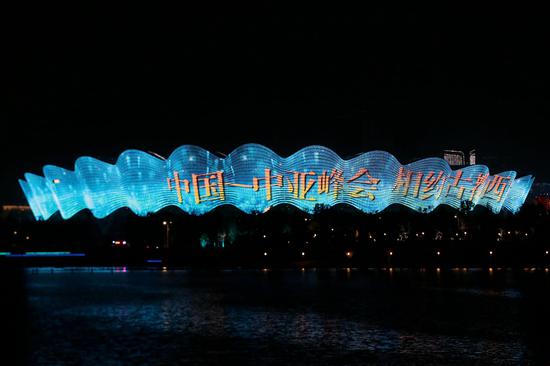
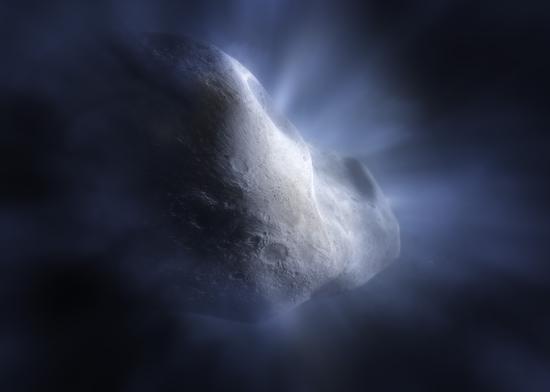



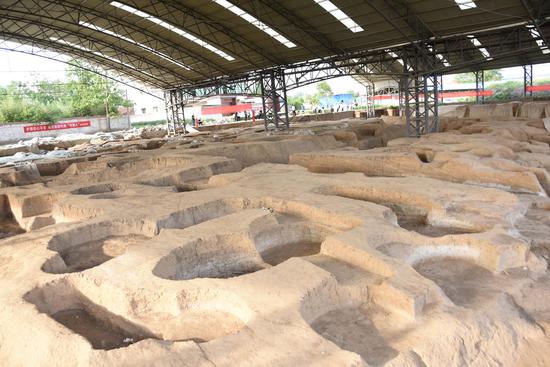
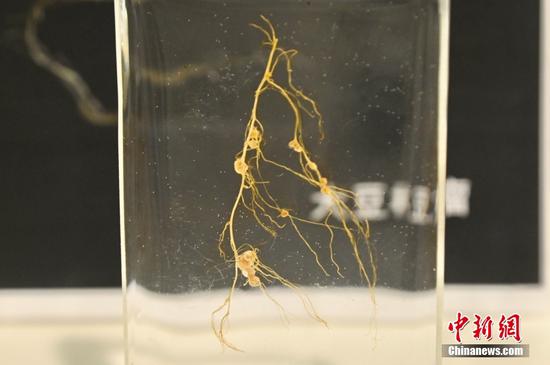
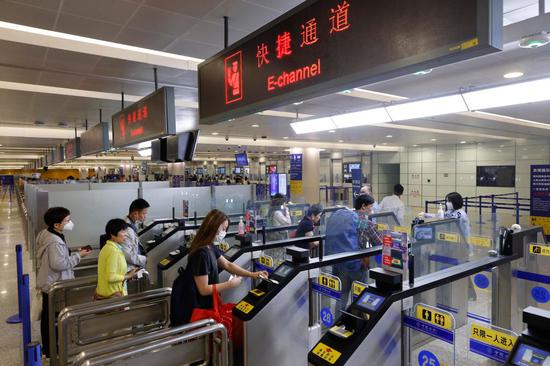

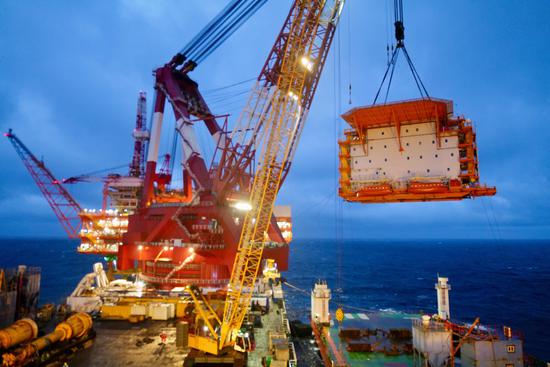
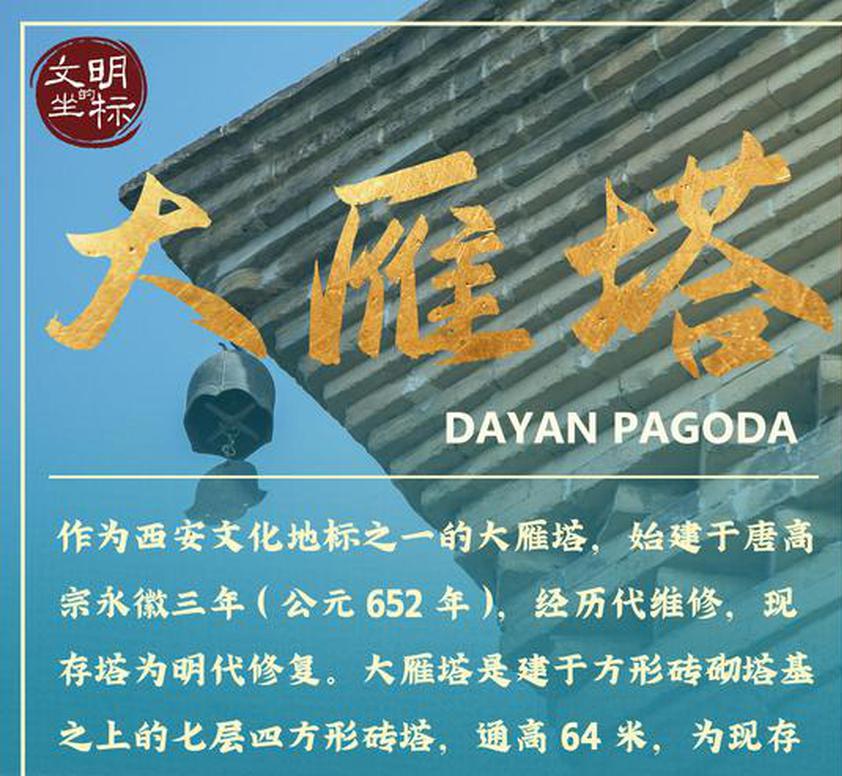

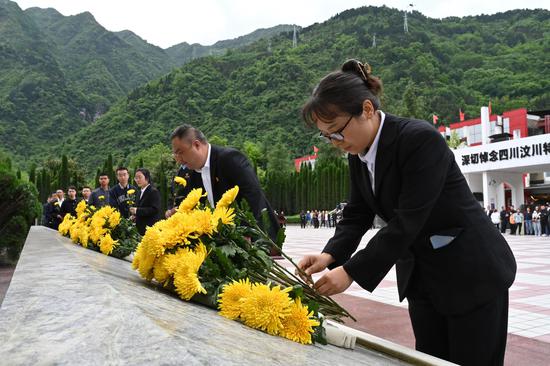
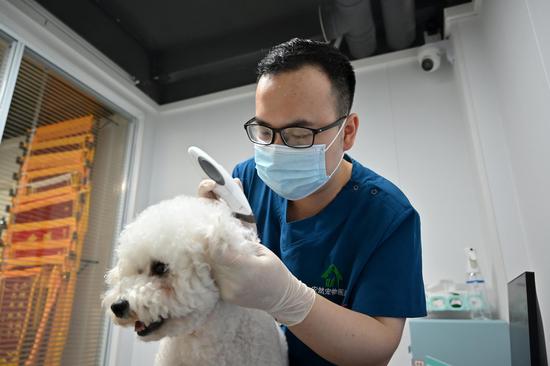
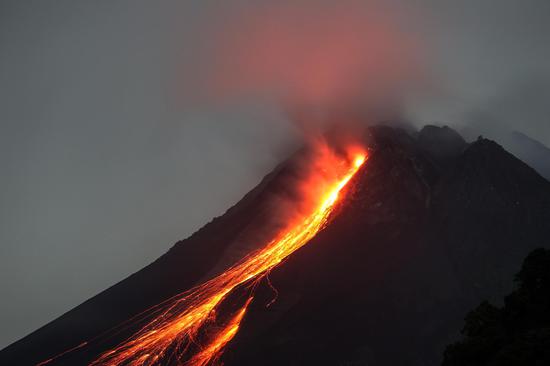

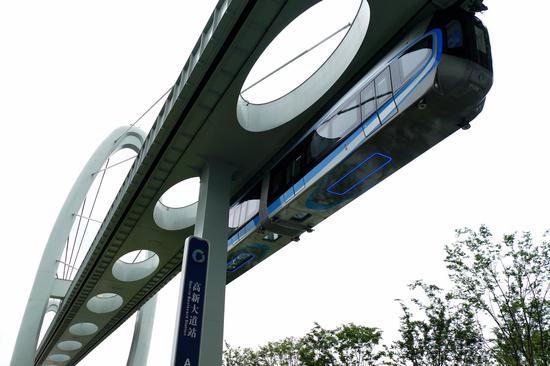






 京公网安备 11010202009201号
京公网安备 11010202009201号